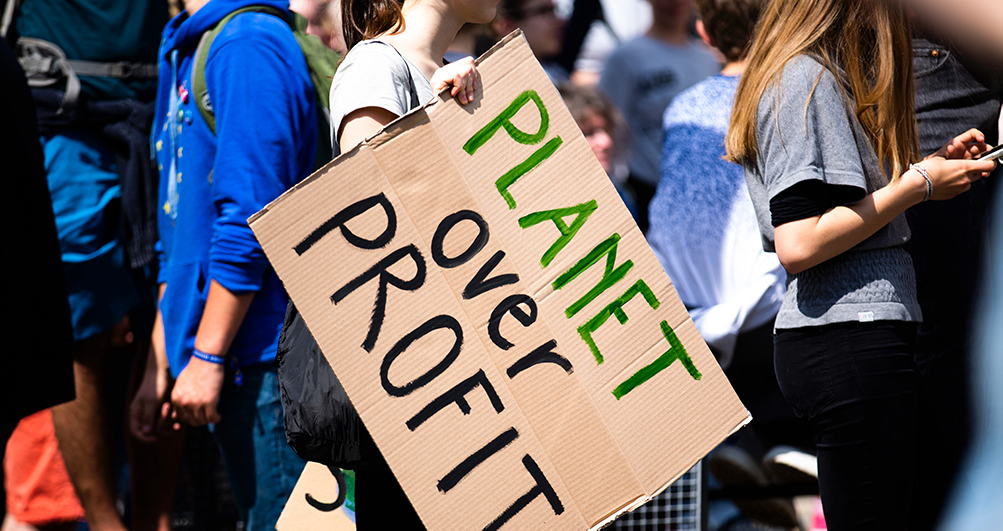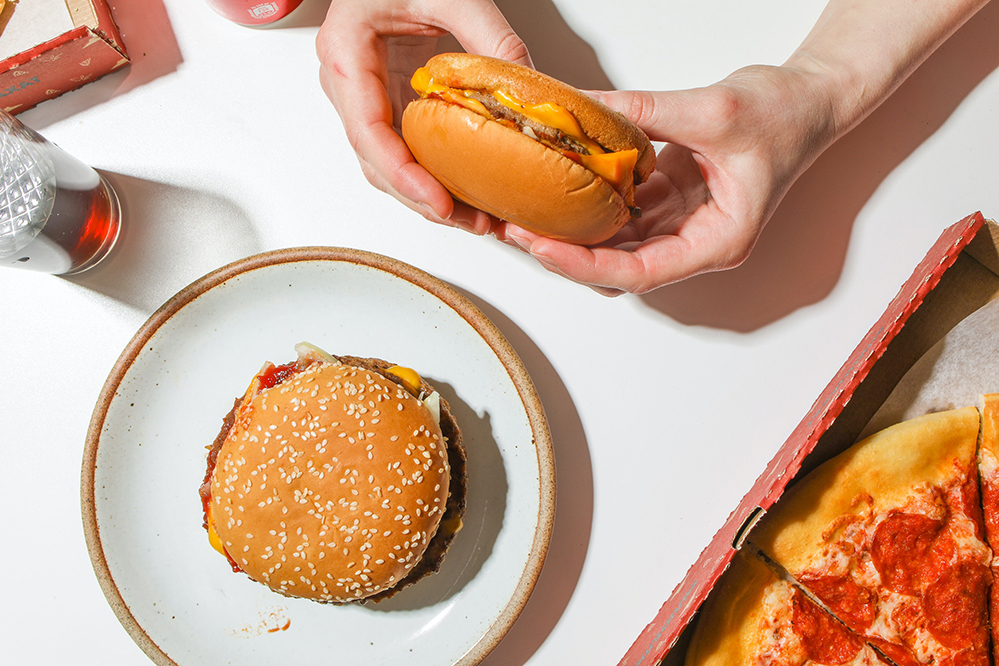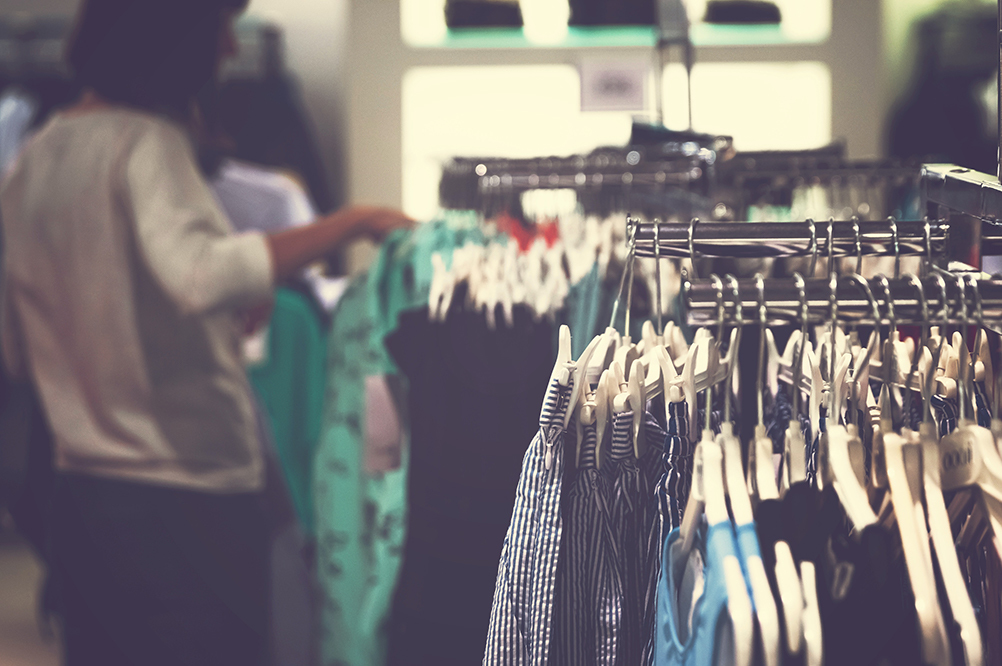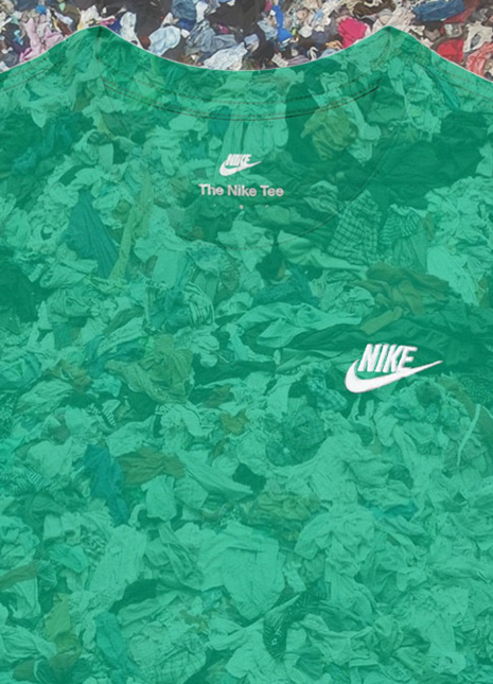
Gatekeeping In Environmentalism: How NOT To Be Deterred
Let’s take a look at these highly judgemental statements.
Urban Dictionary defines gatekeeping as “When someone takes it upon themselves to decide who does or does not have access or rights to a community or identity.”
Gatekeeping can be experienced in a myriad of ways and in any community, but let’s take a look at these highly judgemental statements from within the environmental movement, and dig a little deeper.
“You can’t care about the environment if you eat meat!”
This blanket statement is one we’ve all heard and completely overlooks the complexity of barriers that are in place preventing everyone from going vegan. Veganism and environmentalism are not mutually exclusive. There are plenty of less than ideal vegan options out there too, i.e., food miles and the controversy surrounding foods like avocados. Watch Rotten on Netflix, S2 E1 to understand the human and environmental impact this one food has.
Privilege is also a massive barrier, being vegan can be expensive. A liter of cow’s milk is about 70p, a liter of oat milk is around £1.70. Burgers at fast-food chains are 99p and a salad is over £3! It’s true that if only whole foods are purchased these costs are massively depleted, but this doesn’t take inconvenience into consideration; not everyone has the time to make all meals from scratch.
Also, and most indisputably, health; both physically and mentally. Many people report adverse physical side effects from being completely vegan. Also, those with a history of eating disorders often cannot restrict any food group completely as it can read to further restrictive and disordered eating.
Not eating meat is good, but it’s unrealistic to expect everyone to be able to do this and naive to push the narrative that this is the only solution to the climate crisis, excluding people from the environmental movement as a result. Eating less meat is also amazing, we should be commending people for doing what they can in their circumstances; shaming people for not hitting your standard of biased perfection doesn’t help.

“Are you drinking from a plastic water bottle? Where’s your hydro flask?”
This one is my pet peeve, as if the people who say this have never had a takeaway in their lives and been stuck with the mountain of plastic containers left behind as a result. Should we avoid single-use plastic as much as possible? Yes. But sometimes it isn’t possible and single-use plastic is necessary, look at the current pandemic for example. We can’t shame people for the systems they exist in, and plastic-free options aren’t mainstream yet. If you’ve been inside any supermarket ever you know it’s impossible to buy all of your groceries without some single-use plastic packaging.

“You’re wearing fast fashion; how can you claim to care about sustainability?”
I still have loads of fast fashion pieces in my wardrobe that I bought before I was aware of its impact. I’m not going to stop wearing them, because it’s much more sustainable to continue wearing what we already own whilst monitoring our future purchases and consumption. The key here is consumption, even if you’re buying from the most sustainable brand in the world, if you have five new outfit deliveries a week it’s still unsustainable!
While I personally won’t buy from fast fashion brands again, I’m aware that even this is coming from a place of privilege. Some people simply cannot afford the more expensive sustainable options and second-hand shops aren’t always great if you need a specific item in a specific size, like for a job interview. However, it’s not the people who are purchasing from fast fashion brands once in a blue moon because they actually need something who are the problem.

Final Thoughts
Everyone does not share the same responsibility for green living when socioeconomic status plays such a huge role, and we must stop holding individuals to a higher standard than corporations. The rich need to lead the way and not shame those who don’t have the time, money, or resources to do more. Change needs to be demanded from politicians and major fossil fuel burning businesses, not someone eating a burger.
The negativity and arrogance that comes from gatekeeping within the green community can make it a hostile place upon which you must present your report card for evaluation before you’re permitted to enter. Sustainability isn’t a competition; we need millions of people living imperfectly and not a handful of self-righteous perfect ones who put everyone else off.
Next Up, Green Guilt: How to Tackle it











